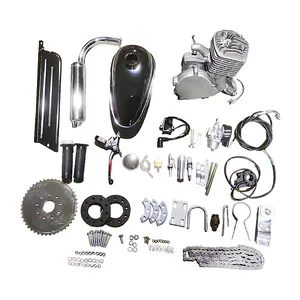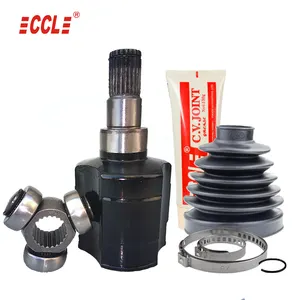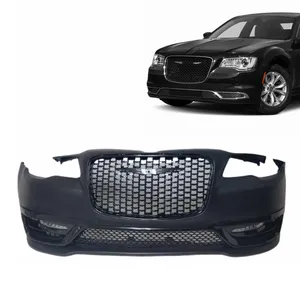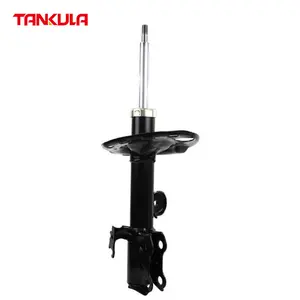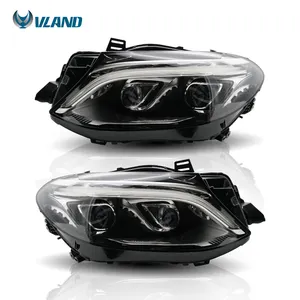Popular in your industry


















































































































































































































Top categories
About trailer jack pin
Introduction
Navigating the world of towing can be a daunting task, especially when it comes to understanding the importance of each component involved. One such crucial element is the trailer jack pin, a small but significant part that ensures the stability and direction of your trailer. This article delves into the role of the trailer jack pin, the different types available, and how to choose the right one for your specific needs. We also cover the installation process, maintenance, safety tips, and troubleshooting common issues. By the end of this article, you'll be well-equipped to revolutionize your towing experience with the right trailer jack pin.
Understanding the Importance of a Trailer Jack Pin
A trailer jack is a crucial component for safe towing, providing stability and direction to trailers during storage. It elevates the trailer to a certain point, allowing it to be hooked or unhooked from any towing truck. Common models include swivel, A-frame, and drop-leg. The trailer jack pin plays a significant role in these functions, ensuring the jack is securely attached and can perform its tasks effectively. It's essential to choose the right trailer jack pin for your specific trailer and towing needs.
Different Types of Trailer Jack Pins
Trailer jack pins come in various types to suit different needs. For instance, there's the 5/8 inch pull pin, 4.25 inches long, with a chain and cotter pin, suitable for heavy-duty and medium-duty trailers. Another type is the drop leg pull pin assembly with a chain, measuring 9/16 inch x 2.75 inch. The 3/4 inch drop-leg plunger pin kit is designed for heavy-duty trailer jacks. There's also the replacement pull pin for marine and recreational jacks, which includes a spring and clip. Lastly, the 1/2 inch plunger pin assembly is ideal for trailer jacks with 2,000 lbs. to 5,000 lbs. capacity.
How to Choose the Right Trailer Jack Pin
Choosing the right trailer jack involves understanding your trailer's weight and tongue weight, which can be found in your owner's manual. The tongue weight should not exceed 15% of the overall trailer weight. If you use a weight distribution system, you'll need a jack capable of supporting both the tongue and the truck end weight. It's better to have a jack with more capacity than needed. Also, consider the type of jack - manual or electric, each with its own advantages. Lastly, consider the tongue shape of your trailer, as it determines the type of jack you need.
Installation Process of a Trailer Jack Pin
The installation process of a Trailer Jack Pin involves connecting it to the auxiliary power/battery charge terminal. If the jack doesn't work when connected, it may be necessary to contact your truck dealer for instructions on enabling the circuit or checking the appropriate fuse or breaker. Use a test light between the terminals to determine if you have power at the appropriate terminals. Remember, when using an extension wire, do not use smaller than #10 gauge wire. The weight of the Trailer tongue should be supported by blocks or the Ball Hitch of the tow vehicle before proceeding.
Maintenance and Safety Tips for Using Trailer Jack Pins
Maintaining your trailer jack pins is crucial for safety and stability. Always ensure your jacks and mounting plates are not bent or damaged before deploying. The trailer should be on level ground, and jacks should be on solid ground, fully engaged. Deploy your unit in a cross-plane position for maximum wind resistance. Ensure snap rings are solidly in place, and jacks are deployed straight down, resting solidly on the ground. All jack pins should snap into position, ensuring the unit doesn’t move. Finally, verify that no wheels are in contact with the ground when the unit is deployed.
Troubleshooting Common Issues with Trailer Jack Pins
Troubleshooting your trailer jack pin involves several checks. First, ensure there's power to the unit. If the power jack doesn't work, check the fuse or mini breaker. If these are fine, it might be time to take your RV to a service center. Mechanical issues such as loose internal connections, faulty switches, or a failed motor could be the problem. If you can't retract your jack, you might have a significant mechanical failure, such as a bent ram tube or a bad thrust bearing. In such cases, replacing your trailer's power tongue jack might be necessary.
Conclusion
Understanding the role and importance of a trailer jack pin is key to a safe and efficient towing experience. From choosing the right type based on your trailer's weight and tongue shape, to the installation process, maintenance, and troubleshooting, every step is crucial. Remember, the right jack pin not only ensures the stability of your trailer but also contributes to your safety on the road. So, invest time in understanding your trailer's needs, choose the right jack pin, and maintain it well. This way, you can revolutionize your towing experience and enjoy a smooth journey, every time.
